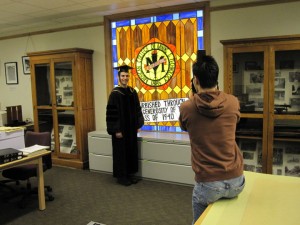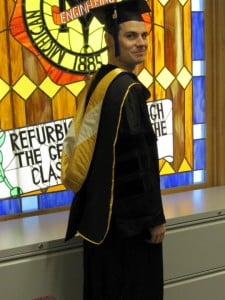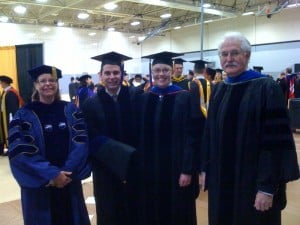The J. Robert Van Pelt and John and Ruanne Opie Library is offering another round of its EndNote workshops.
EndNote is citation management software which allows anyone to easily collect, organize, and use their research references. Learn how EndNote can save you hours of time in your library research and document preparation process.
Seating for these workshops is limited and registration is required. To register visit : EndNote LibGuide
March 20th @ 11:00 am – EndNote Basic I: Creating and Organizing an EndNote Library
The Van Pelt and Opie Library is offering a 1 hour introductory workshop on creating and managing references using the citation management software, EndNote. EndNote allows you to easily collect, organize and use your research references. No prior knowledge of EndNote is necessary
In this workshop participants will learn how to:
- Build an EndNote collection of citations (i.e. EndNote library)
- How to manage an EndNote library
March 20th @ 12:15 pm – EndNote Basic II: Cite While You Write (CWYW)
The Van Pelt and Opie Library is offering an 1 hour EndNote Workshop on how to incorporate your EndNote Library citations into a written document (MS Word). Attendance to EndNote Basic I, or prior knowledge of building and managing an EndNote library, is recommended.
In this workshop participants will learn how to:
- Incorporate EndNote Library references into a written document (MS Word)
- Import specialized output styles
March 20th @ 1:30 pm – EndNote Special Topics: Sharing EndNote Collections
Have you wanted to share your EndNote citations with colleagues? Are you collaborating with others and have wanted to simply share your citations? The Van Pelt and Opie Library is offering an 1 hour EndNote Workshop on how to share EndNote collections. In this workshop participants will learn how sync their EndNote library with EndNote Web. Participants will also learn how share EndNote citation collections with anyone else who also uses EndNote. Attendance to EndNote Basic I & II workshops, or prior knowledge of creating an EndNote Library and using CWYW, is recommended.
In this workshop participants will learn how to:
- Sync your EndNote library with EndNote Web
- Share your EndNote Collection
Seating for these workshops is limited and registration is required. To register visit : EndNote LibGuide


